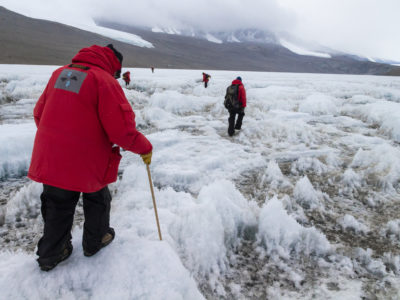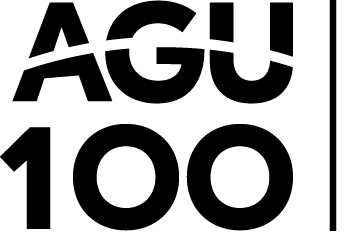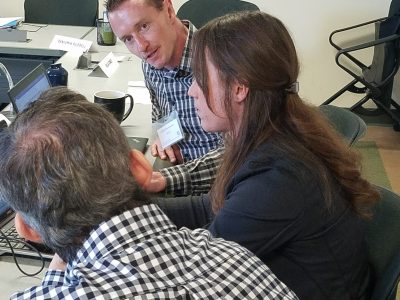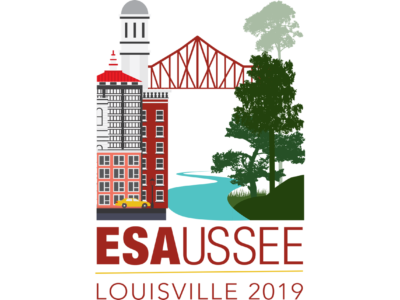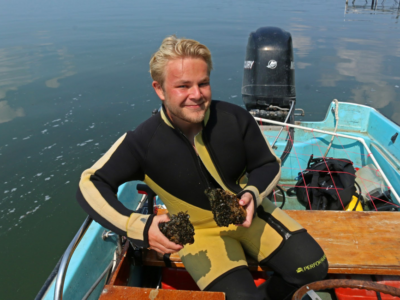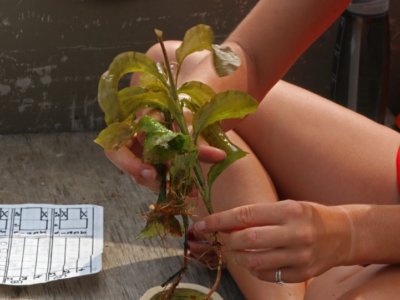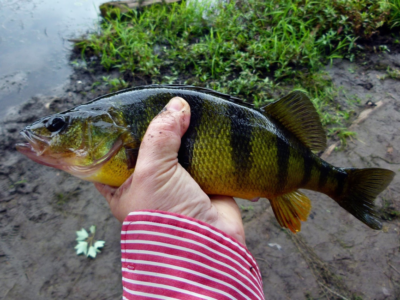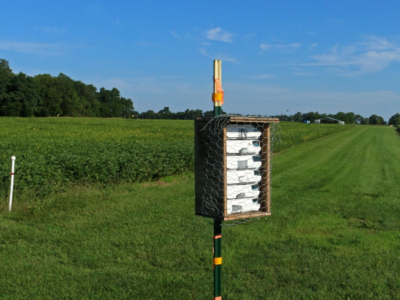LTER Road Trip: Fishing for Answers in Moorea’s Coral Reefs
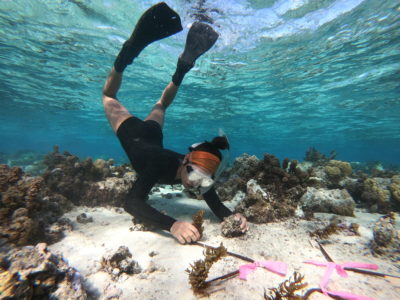
By Erin Winslow Every day, third-year Ph.D. student Dana Cook zips up her Patagonia shorty wetsuit and puts on her bucket hat for a full day out on the lagoon of Moorea’s southern tip. Boat necessities include a GPS, inner tube floaty, underwater slate and pencil, a watch, and a sleeve of Sao crackers. She… Read more »

